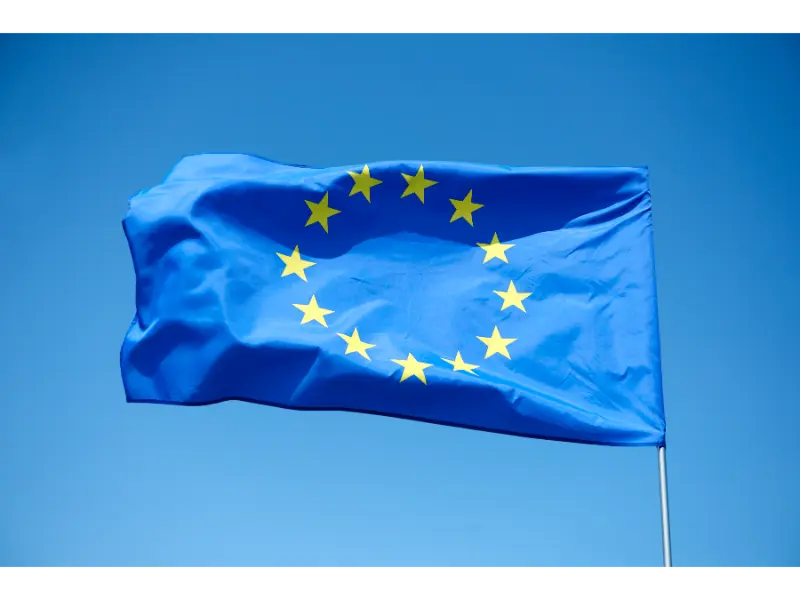- EU-wide internet access rates continue to rise, improving digital inclusion.
- The growth of the digital economy is boosting employment and innovation in various sectors.
What happened
Eurostat has released its latest findings on internet access and the digital economy within the European Union, showing a steady increase in connectivity and digital engagement. The data highlights significant growth in the number of households with internet access, as well as an expansion of digital services and online economic activity.
The report indicates that more individuals and businesses are adopting digital tools, with e-commerce, remote work, and online education playing a growing role in economic development. Countries with historically lower internet penetration rates are also showing progress in closing the digital divide.
Why it’s important
As the EU continues its push towards a more digital economy, rising internet access and digital transformation are essential for economic competitiveness. The findings demonstrate that EU policies aimed at improving digital infrastructure and internet affordability are making a tangible impact.
With increased digital adoption, businesses and workers can benefit from new opportunities in e-commerce, fintech, and remote work. However, challenges remain in ensuring equal access and bridging the remaining gaps in digital skills across different member states.

